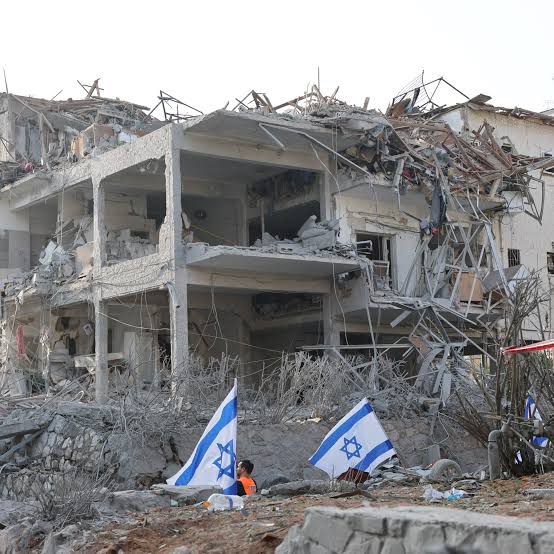A senior UK Cabinet minister has warned that the threat of Iranian retaliation on British soil could intensify following overnight US airstrikes on Iran’s nuclear facilities.
President Donald Trump authorised B-2 bomber strikes on three key Iranian nuclear sites, calling the operation a very successful attack. In response, Iran’s foreign minister warned the bombings would have everlasting consequences, prompting international fears of reprisal attacks.
Business Secretary Jonathan Reynolds said Iran’s covert activity in the UK was already at a significant level, citing persistent cyber attacks and espionage operations. “Hardly a week goes by without an Iranian cyber attack on the UK’s infrastructure,” he said. “It would be naive to think that this threat wouldn’t escalate. But Iran has a choice to remain a destabilising force, or take a better path for its people and the world.”
Conservative Party leader Kemi Badenoch also issued a stark warning, calling Iran a direct threat to the UK. Writing on X (formerly Twitter), she said: “Our security services have stopped multiple Iranian terrorist plots and assassination attempts on UK soil. Iran’s ballistic missiles can reach Europe, and the Revolutionary Guards remain one of the biggest threats to global stability.”
She added that Iran’s regime promotes anti-British sentiment nearly as strongly as its hostility toward Israel and the US, sometimes referring to the UK as the Little Satan.
Iran-linked groups repeatedly targeted dissidents and foreign nationals in Britain
In recent years, Iran-linked groups have repeatedly targeted dissidents and foreign nationals in Britain. In May, a terror plot allegedly orchestrated by Iran’s Islamic Revolutionary Guard Corps (IRGC) to attack the Israeli Embassy in London was thwarted by MI5 and counter-terrorism police. Four Iranian nationals were arrested in coordinated raids across the UK. Though they were later released without charge, the investigation is ongoing.
Home Secretary Yvette Cooper described the alleged embassy plot as one of the most significant counter-terrorism operations in recent years.
That same month, three Iranian men, Mostafa Sepahvand, Farhad Javadi Manesh, and Shapoor Qalehali Khani Noori, were charged with attempting to assist Iran’s intelligence services by targeting UK-based journalists from Iran International, an independent media outlet critical of the Tehran regime. They are accused of enabling serious acts of violence against the journalists.
Following the charges, Cooper warned, “Iran must be held to account for its actions.”
In March last year, Iran International journalist Pouria Zeraati was attacked outside his home in London. Two Romanian nationals were later charged with wounding with intent to cause grievous bodily harm. The incident is believed to be linked to Iranian efforts to suppress dissent abroad using hired criminal proxies, individuals without apparent ties to Iran, making such plots harder to detect.
Zeraati has since relocated abroad, citing safety concerns. In a public statement, he criticised the UK government’s response to the Iranian threat, arguing it had failed to adequately protect him and others.
UK intelligence services have reportedly foiled at least 15 plots to kidnap or kill employees of Iran International, which the Iranian regime has labelled a terrorist organisation. Tehran has openly stated its intent to pursue the channel’s staff, prompting heightened security measures.
Anti-regime protesters also remain at risk. On Friday, demonstrators outside the Iranian embassy in London were violently attacked, resulting in two hospitalisations. The Metropolitan Police have charged seven men with grievous bodily harm.
Footage posted online shows the protesters chanting against the Iranian regime shortly before the violence erupted.
As tensions escalate in the Middle East, UK authorities remain on high alert. Security services continue to monitor Iranian-linked threats closely amid growing concern that Britain may become a target in a wider campaign of retaliation.



